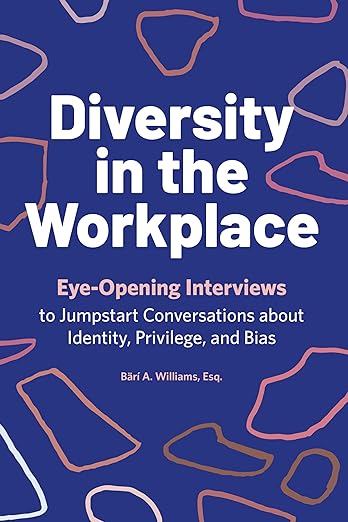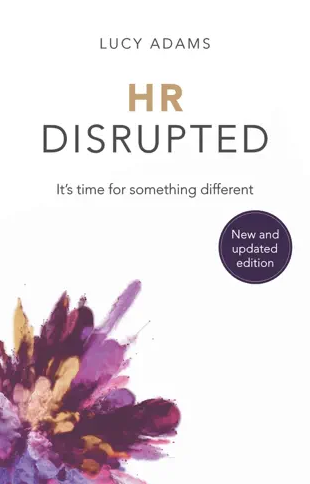8 books every HR manager should read
9 de January, 2025
As the world of work continues to evolve, human resources managers face daily challenges in managing their people effectively.
You need to hire the right talent, keep employees satisfied, motivated and involved, ensure their well-being, while adding value to the business itself and aligning human capital management with the organizational culture and the company’s goals.
In this context, it’s essential to keep up to date with the best practices and new trends. And for this, reading some books plays a very important role.
Come and discover with us eight books that all human resources managers should read, whether they are already experienced professionals or just starting out in this field.
1 – Leaders Eat Last
Author: Simon Sinek
One of the stories in this book tells of the transformation carried out by Bob Chapman in a company that was experiencing difficulties and in which the employees were dissatisfied. Instead of trying to replace the disgruntled professionals, this CEO sought to create the conditions for them to work with greater motivation. The result was an increase in productivity and profit.
This is just one of the examples presented by the author, who wants to demonstrate that organizational success is closely linked to the well-being and satisfaction of employees. When people feel valued by their leaders, they tend to wear their shirts more and join forces towards a common goal.

2 – Work Rules!
Author: Laszlo Bock
The author of this book was Vice President of People Operations at Google and shares his experience in this organization, which has become one of the most attractive to work for in the world.
Some of the lessons that HR managers can learn from this book are the importance of favoring a culture of innovation and creativity, of giving employees a voice and power, of hiring the best talent (even if recruitment takes longer), of reformulating the “top-down” leadership approach, of using data to make decisions, among others.

3 – Bring Your Human To Work
Author: Erica Keswin
In this book, the author seeks to corroborate the importance of bringing authenticity and humanity into the workplace. By sharing practical examples – from companies such as Lyft or Starbucks, for example – Erica Keswin shows how interpersonal relationships can create healthier work environments and be a driving force for success in organizations.
To achieve this, organizations need to develop a people-centered culture that prioritizes the well-being and health of professionals, promotes human relations and community involvement.

4 – Diversity in the Workplace
Author: Bärí A. Williams
The premise of this book is this: to create an inclusive workplace, you have to ask difficult questions. As such, the author conducted 25 interviews in which people from underrepresented groups share their stories and experiences about identity, privilege, prejudice and discrimination.
This book paints a picture of what it means to be a minority in the workforce and, as such, is a must-read for leaders and HR managers looking to create more inclusive workplaces.

5 – Victory Through Organization
Authors: Dave Ulrich, David Kryscynski, Mike Ulrich and Wayne Brockbank
This book addresses one of the main challenges facing HR managers today: the so-called “war for talent”. At a time when companies are experiencing serious difficulties in attracting and retaining talent, the authors argue that leaders should focus on helping professionals thrive within the organization.
Employees need to feel that the collective contributes to their individual progression, i.e. that the whole is greater than the sum of the parts. Ultimately, companies that manage to train their professionals and increase their human capital will have a competitive advantage in the job market.

6 – HR Disrupted: It’s Time for Something Different
Author: Lucy Adams
The central question posed by the author of this book is: how can managers lead, manage, involve and support their employees differently if they want to survive and thrive in such a volatile market? It is very relevant reading for HR managers looking to innovate and transform their practice.
This shift towards a more disruptive approach to people management must be based on three pillars: treating employees as adults and not as children; treating employees as consumers or customers (and not with a universal strategy for everyone); treating employees as human beings.

7 – The Fearless Organization
Author: Amy C. Edmondson
How to create psychological safety in the workplace for learning, innovation and growth. This is the main topic covered in this book, which defines psychological safety as “an environment in which people feel comfortable expressing themselves and being themselves”.
The author is a professor at Harvard Business School and has compiled 20 years of research to demonstrate the correlation between psychological safety and professional performance. When workers feel they can share their ideas and make mistakes, a culture that favors creativity and innovation is strengthened.

8 – Predictive HR Analytics
Authors: Kirsten Edwards and Martin R. Edwards
Human resources departments have more and more data at their disposal, which they must be able to work with and analyze in order to make more informed decisions. It is in this context that the authors present different case studies involving metrics and data analysis related to diversity, turnover (including predictive analysis of turnover), employee performance and productivity, among others.
This book provides a practical approach to developing predictive analytics in HR, which make it possible to identify trends and patterns and, at the end of the day, optimize talent management.


